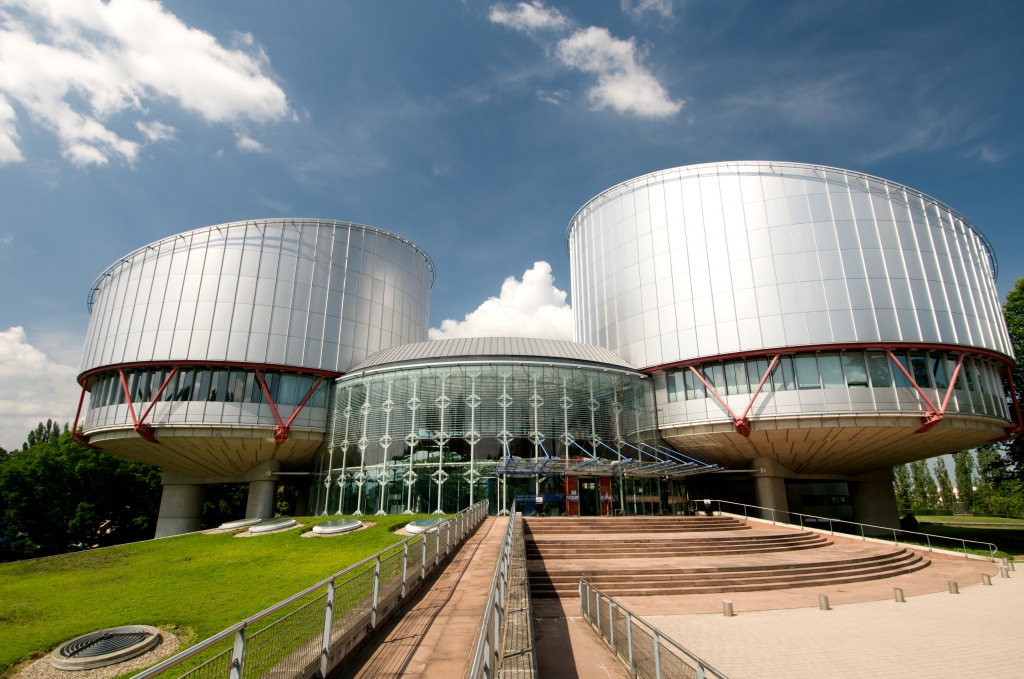Dimensional Revolution
Although interest in the metaverse has gone up and down over the years, a recent virtual podcast featuring life-like human avatars has reignited the conversation around its potential and implications. “Where am I, where are you, Mark, where are we?” the questions that started the groundbreaking conversation between Lex Fridman and Mark Zuckerberg that took place in a completely new dimension. Apart from its entertainment value, the metaverse raises crucial legal questions about its nature. “Metaverse,” a term distantly reminiscent of science fiction, rapidly becomes a reality.
While the metaverse raises a lot of questions about important issues such as data privacy, digital identity, and dispute resolution, probably the biggest question lies in public international law. Where does metaverse activity legally occur? Does it traverse the territory of the states?
Pondering on territoriality, a cornerstone of classical sovereignty, 1 takes on new significance in the context of this dimensional revolution. Unlike the tangible world, where state boundaries are typically clear, the digital dimension appears to refuse such conventional demarcations. This phenomenon, referred to as “deterritorialization”, 2 grapples with reconciling the traditional constructs of territorial and national boundaries with the digital landscape in the context of digital sovereignty.
Digital Sovereignty
The creation of the internet and, with it, the beginning of a new dimensional revolution gave impetus to discussions about the legal nature of the digital dimension. While the first calls3 to free the internet from the claws of the sovereign power gained momentum, it couldn’t find the necessary support to anchor itself. States were not ready to allow the creation of an unregulated domain with claims of state security. The stance taken in the practice showed the inclination of states to expand their national borders into the digital realm. The most concerning example of it is the “Great Firewall of China”.4
According to this idea, the state has the ultimate authority over all the equipment on its territory.5 Therefore, the state shall have the same authority over the digital space that is regulated, respectively, through this equipment. To a certain extent, it reminds Carl Schmitt’s approach to sovereignty.6 In his understanding of sovereignty in a scenario where states try to assert sovereignty through traditional means, he suggests the emergence of a surrogate of global authority. In the modern state, safeguarding information and knowledge has become crucial to asserting political will.7 In other words, safeguarding information and communication infrastructures replaces the role once held by territory and land. As a result, the discourse now primarily centres on a territorial reassertion (“reterritorialisation”) of the digital domain, with proposals for national routing systems, servers.8
Such a highly centralised approach to the regulation of the Internet, bordering on authoritarian control, is considered a step back into the Cybered Westphalian Age.9 The likelihood of its effectiveness is dubious. It is seen as contradicting the cosmopolitan understanding of international law, and even the UN Human Rights Committee has warned about the possibility of human rights violations by states in the event of its misuse. From a more technical perspective, this approach will only hold as long as the necessary equipment for the functioning of the digital dimension is situated on the territory of a certain state. That may be put under serious doubt if the global providers decide to move their facilities to an “unsovereign” area, such as the high seas.10 Recent developments with “the Starlink” and its refusal to operate near the Crimean Peninsula may serve as a prelude to this issue.11
Conclusion
The metaverse, as showcased in the Lex Friedman-Mark Zuckerberg podcast, is not just a technological novelty but a harbinger of the Dimensional Revolution. As we navigate this uncharted digital territory, we must address the legal implications, particularly in terms of data privacy, identity, jurisdiction, and state sovereignty. The metaverse represents a brave new world, and its legal framework must evolve alongside it. Balancing innovation and regulation will be the key to unlocking its full potential while preserving the rights and interests of all its inhabitants. The Lex Friedman-Mark Zuckerberg podcast may have been a virtual conversation, but its legal implications are very much grounded in the real world, shaping the future of our interconnected digital universe.
İstinadlar və izahlar
- Akehurst, Michael, Jurisdicition in International Law, British Year Book of International Law 46 (1972 – 1973), 145-258, p. 146
- Steinbach, Julien, Souveränitätsfragmente, Ein Beitrag zur Literaturgeschichte der Souveränität und gegenwärtigen Herausforderungen der Rechtswissenschaften im Spiegel der Digitalisierung, Tübingen 2019, pp. 82 – 83
- John Perry Barlow, A Declaration of the Independence of Cyberspace, https://www.eff.org/cyberspace-independence (last accessed on 19.10.2023).
- See for instance: Zhang Xinbao & Xu Ke, A Study on Cyberspace Sovereignty, China Legal Science, 33 – 75 (2016).
- More on the topic: Wu, Timothy S., Cyberspace Sovereignty? – The Internet and the International System, Harvard Journal of Law & Technology, 647 – 666 (1997); Goldsmith, Jack L., The Internet and the Abiding Significance of Territorial Sovereignty, Indiana Journal of Global Legal Studies, 475-492 (1998); Svantesson, Dan Jerker B., Sovereignty in International Law – How the Internet (Maybe) Changed Everything, But Not for Long, Masaryk University Journal of Law and Technology, 137 – 156 (2014).
- Schmitt, Carl, Politische Theologie, Vier Kapitel zur Lehre von der Souveränität, 11th ed. Berlin 2021.
- Supra note 2, p. 89
- Martinet, Lily, Exercising Digital Sovereignty over Blockchains: A Case Study from France, p. 15; Conseil General de L’economie de L’industrie, de l’Energie et des Technologies, Rapport Etudiant la Possibilite de Creer un Commissariat a la Souverainete Numerique [Report Assessing the Possibility of Creating a Commissioner for Digital Sovereignty] published in the 3rd annex of French Senat, Rapport d’Enquete du Senat sur la Souverainete Numerique [Investigation Report of the Senat on Digital Sovereignty] vol. 1, 207 (2019), http:www.senat.fr/rap/r19-007-1/r19-007-11.pdf (last accessed on 19.10.2023).
- Demchak, Chris C., Dombrowski, Peter, Rise of a Cybered Westphalian Age, Strategic Studies Quarterly (2011), p. 57
- For instance, in not so far future the datacenters may be moved to high seas supported with renewable energy that would make it completely independent from any mainland support. See for example the Microsoft practice: https://news.microsoft.com/source/features/sustainability/project-natick-underwater-datacenter/ (last accessed on 19.10.2023)
- https://www.nytimes.com/2023/09/08/world/europe/elon-musk-starlink-ukraine.html (last accessed on 19.10.23)







